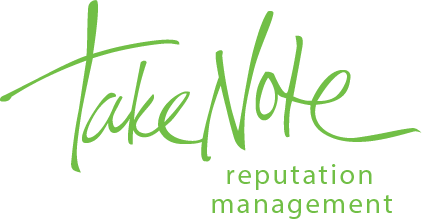“Prevention is better than cure” is a philosophy that has been around for 500 years and it remains as true today as it was then. Many medical practitioners advocate this approach in the control of infectious disease making it relevant in the world modern medicine.
Great advancements in medical care have been made in the treatment and management of HIV, which often allows those infected to live long and healthy lives. However there is still no cure for HIV and AIDS, but practicing safe sex drastically reduces the risk of contracting HIV.
While treatment and management is efficient and successful for some people, others, due to underlying reasons, sadly aren’t as fortunate. It continues to be a safer and more advantageous situation to avoid infection in the first instance.
AIDS Healthcare Foundation (AHF), the largest global AIDS organisation, founded International Condom Day (ICD) in 2008 to remind everyone how important it is for people globally to have access to free and affordable condoms.
“Condoms are still the best way to protect yourself for more than just contraception, as the robust latex of condoms is a physical barrier against STI and HIV infection. Just as the simple measures of social distancing, wearing a face mask and regular hand washing remain the best preventive measures against infection by COVID-19.” Said Dr. Nduduzo Dube, Country Program Director for South Africa.
The COVID-19 pandemic has created further obstacles to the distribution and availability of condoms. The numerous lockdowns and restrictions have reinforced the necessity and importance of advocacy to prioritise access to condoms.
“AHF remains committed to ensuring people everywhere have access to free or affordable condoms and our ‘Always in Fashion’ and ‘Safer is Sexy’ ICD initiative spreads the word on the importance of condoms and condom access for all!” said AHF Chief of Global Advocacy and Policy Terri Ford.
“We have always placed condom access high on our priority list,” said AHF President Michael Weinstein. “International Condom Day gives us a platform to call for governments and public health institutions to ensure that people have the tools to protect themselves and their loved ones, which is especially important when we’re still seeing 1.7 million new HIV infections every year. That’s simply not acceptable when we have the means to distribute condoms to people worldwide to keep them safe from preventable diseases.”
For more information on AHF, visit either www.freeHIVtest.org.za or www.facebook.com/aidshealth.org
For a list of AHF’s global and domestic and ICD events, visit LOVEcondoms.org!
